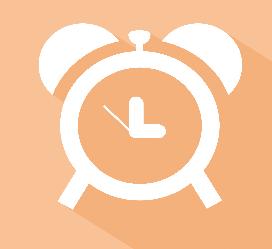
1 minute read
Nearly 1 in 5 American Adults Takes Sleep Meds
Nearly 20% of American adults use a drug to help them sleep, either occasionally or regularly, health officials recently reported.
Sleep medications, sold both over-the-counter and by prescription, are a common treatment for sleep problems, said senior report author Lindsey Black, a health statistician at the U.S. Centers for Disease Control and Prevention's National Center for Health Statistics (NCHS).
Advertisement
"Our report details patterns of use of medication to inform patterns of use among subgroups of the U.S. population," Black said. "We do hope by dissemination of this report it can lay the groundwork for more work in this area and our understanding of sleep health among adults."
Using data from the 2020 National Health Interview Survey, Black and colleagues found that among adults ages 18 and older, 8.4% used medication to help them fall or stay asleep on most nights or every night. Another 10% said they used medication on some nights.
Women were more likely than men to take medication for sleep and the percentage doing it generally increased with increasing age.
Specifically, 10% of women used sleep medication, compared with 6.6% of men. White adults were more likely to use sleep medications, and Asian adults were least likely to do so. Also, the percentage of men who used medication for sleep dropped as family income increased, Black's team found.
The findings were published Jan. 25 as an NCHS Data Brief.
One expert wasn't at all surprised by the number of Americans who rely on sleep medications.
"I work in a sleep center. And you know, I certainly see a lot of sleep medication use," said Lauren Broch, a clinical sleep psychologist at the Northwell Health Sleep Disorders Center in Great Neck.

Broch thinks not only are sleep medications (both prescription and over-the-counter) overused but also poorly used.
Prescription drugs like temazepam (Restoril), triazolam (Halcion), zaleplon (Sonata), eszopiclone (Lunesta) and zolpidem (Ambien, Edluar, ZolpiMist) were designed to be used in the short term, not as a long-term crutch.
The same is true for over-thecounter sleep aids, many of which contain the antihistamine diphenhydramine, the active ingredient in Benadryl.
People who use these medications habitually come to rely on them, Broch said.
"Many people start believing that the sleep medication is what is making them sleep," she said. "There's a dependence on them, and sometimes tolerance, and they believe that they must use it or they won't sleep. That's never a good thing."





